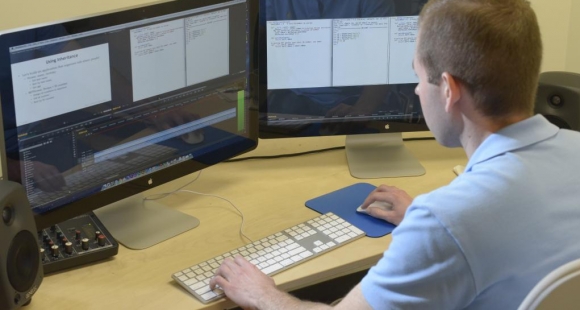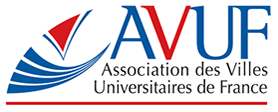
Mooc Made in the U.S.A.
In the U.S., there is a lot less buzz around Mooc than there was two years ago, despite their considerable impact on education. We take stock of the American experience.
Are Mooc still a success in the U.S.?
They are still popular with the public. According to EdX figures from early 2014, Harvard's Mooc attracted over one million people and MIT's Mooc attracted 800,000 people. One-third of those students live in the U.S. Universities, however, still see Mooc as a niche product. According to a 2014 Babson Survey Research Group study, only 5% of the 2,800 schools surveyed have created Mooc .
How do academics view Mooc ?
They are skeptical. Only 23% of the Babson study respondents feel that Mooc have long-term potential.
Are Mooc adopting new models?
There has been a move toward fee-based, freemium and low-cost models. Company Mooc are also on the rise. For example, Udacity signed agreements with Google and Facebook to create training courses. Online and offline learning are increasingly intertwined. A number of platforms, libraries, associations and governmental organizations have started offline work groups for Mooc .
How do employers view them?
According to a Duke University and RTI International study that polled 400 American recruiters, 73% of employers have a positive opinion of Mooc . They see them as indicative of candidates' motivation level. More and more job applicants are listing Mooc on their CVs.
Have Mooc influenced teaching methods?
For Dr. Michelle Weise, Senior Research Fellow at the Clayton Christensen Institute, "Mooc have improved the image of online education, which used to be frowned upon by prestigious schools. Thanks to Mooc , flipped classroom type models have really grown in the U.S."

Mooc à la Française
2013 marked the arrival of Mooc in France. This year the novelty has been replaced by questions and even criticism.
Has the French MOOC bubble burst? In this time of crisis, French academics are wondering if Mooc are worth the €50 thousand investment. Critics argue that they have not democratized knowledge or increased productivity. However, there are still good reasons to create Mooc .
1. Give Your Classroom a Makeover
For EducPros blogger Yves Epelboin, "Mooc ' biggest accomplishment has been to stimulate innovation." According to Paris Ouest University President Jean-François Balaudé, "The methods we are testing out with Mooc today can be applied to other areas of education tomorrow."
2. Boost Teaching
Nicolas Sennequier, Director of Strategy at Institut Mines-Télécom, says that, "Mooc have shifted our focus back to teaching." Schools are abuzz with new ideas. Jean-François Balaudé points out that, "Until recently, teaching had been neglected by French universities."
3. Build Your Brand
Jean-Michel Blanquer, Dean of ESSEC Business School, argues that "Mooc give schools international standing and strengthen their identity. They highlight our areas of expertise."
4. Attract New Students
Schools can leverage Mooc to recruit new students. The Institut Mines-Télécom, for example, may launch English-language Mooc "to appeal to prospective students."
5. Prioritize Professional Development
While Mooc haven't found the right economic model yet, there is the potential for profit. Nicolas Sennequier explains that by acting as loss leaders, "Mooc can serve as a springboard for fee-based professional development courses."
6. Pool Resources
Universities can save money by collaborating with other schools on Mooc. What's more, they can avoid offering redundant courses.
7. Serve the Common Good
According to Jean-François Balaudé, "Mooc help further the noble cause of spreading knowledge, which is one of universities' obligations to society."
8. Promote the French-speaking Community
Mooc can help French speakers combat English's monopoly on academia. For the Agence universitaire de la francophonie, French-language Mooc have the potential to strengthen solidarity among French-speaking countries throughout the world.






